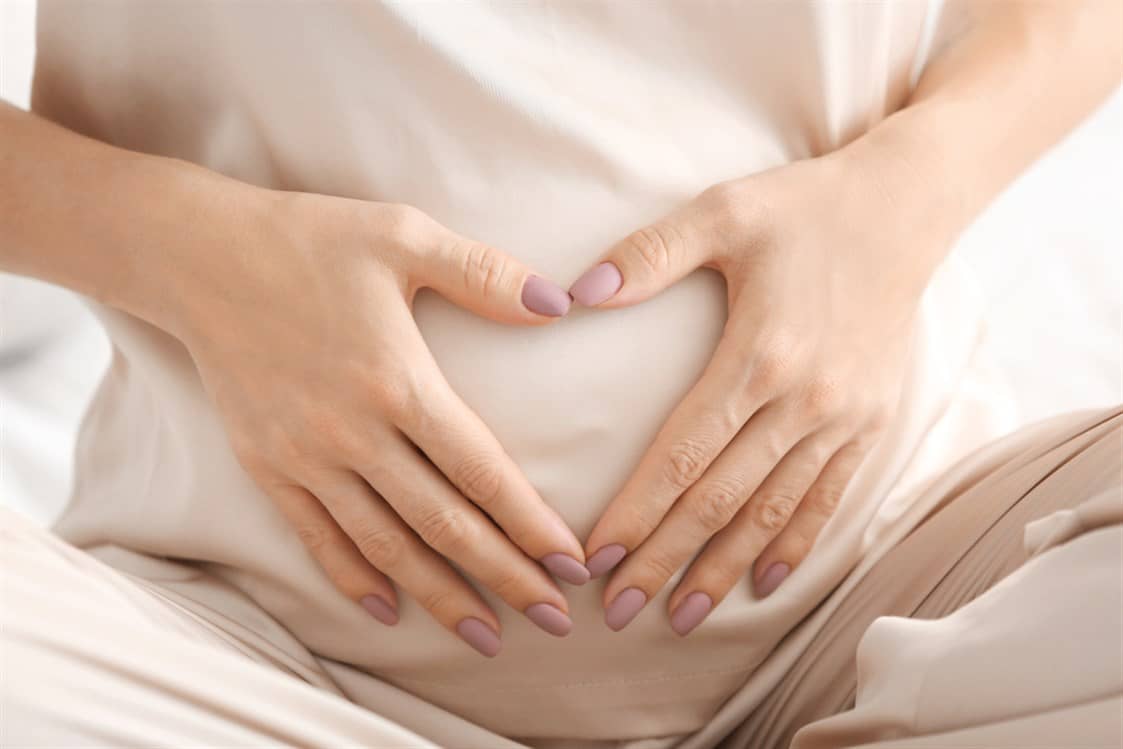“Am I Expecting?” - Signs and Symptoms of Pregnancy

We all sometimes wonder if we are pregnant or not, especially if you’re the type of person who has regular periods and rarely misses a period. A late or missed period is the first thing that triggers the question, “am I pregnant?”. Whether you’re trying to get pregnant or not, and even if you use protection, you will find yourself wondering that at some point.
Here are some common pregnancy signs and symptoms that will help you recognize if you are expecting and perhaps prompt you to take a home pregnancy test to know for sure. If you already got tested and know that you’re pregnant, this article will help you learn what to expect in the first few months of pregnancy.
Early signs of pregnancy
If your monthly menstrual cycle is regular and almost always on time, then the earliest and most significant sign of pregnancy will be a missed period or an extremely late one. Another early sign of pregnancy is implantation bleeding. It’s similar to a very light period bleeding with spotting and minimal bleeding. However, not every woman experiences the same symptoms of pregnancy.¹
Common symptoms of pregnancy
Here are some other common symptoms and signs of pregnancy that you may notice in the early months when expecting:
1. Sickness and pregnancy
Pregnant women may feel sick or be sick in the morning, a sign commonly referred to as morning sickness, but it can actually happen at any time, day or night. Around the fourth to sixth weeks of pregnancy, you may start to feel morning sickness. Unpleasant nausea and vomiting can affect your daily life but don’t worry; it usually clears up by weeks 16 to 20 of pregnancy.²
The sickness does not put your baby at risk as long as it’s manageable. However, if you’re sick all the time that you can’t keep anything in your stomach, you may be dealing with a severe condition known as hyperemesis gravidarum. See your doctor in that case to get a proper diagnosis and treatment.²
2. Tender breasts and tingling sensation in nipples
Breasts can start becoming sensitive the same way they are sometimes when your period is approaching but more intense. You might also notice by the 8th week that the breasts are getting larger or swollen, and some visible veins may appear below the skin. These signs are common in the first trimester and will most likely ease your progress into the second trimester. Other pregnancy-related changes in the breast area, like experiencing a tingling sensation around the nipples, are some of the earliest pregnancy symptoms. It happens as pregnancy hormones release more blood supply to the breasts.³
3. Fatigue and pregnancy
Feeling tired and exhausted is a prevalent sign of pregnancy that results from the massive progesterone increase. Progesterone is a sex hormone that maintains pregnancy, encourages baby growth and slows down metabolism. Energy levels will most likely start to rise again around the fourth month of pregnancy once the placenta is well-established, so try to get more rest and sleep more in the early stage. Also, try to eat iron-rich foods to prevent iron deficiency anaemia throughout your pregnancy.⁴
4. Food cravings and strange tastes during pregnancy
Most pregnant women experience cravings for some foods, and some even develop a distaste for foods they usually like when pregnant. Some women also have strange tastes described as metallic or sour even without eating.⁴
Food cravings are sudden urges to eat a particular type of food; these could be common foods, foods you don’t typically like or unusual food combinations. You may also lose interest in foods and drinks you usually find tasteful, like coffee, tea or fatty foods. Some common food cravings include chocolate, ice cream, dairy products or some fruits.⁵
5. Increased urination
One very common sign of pregnancy is increased urination frequency, it could be annoying, but it’s perfectly normal. The growing uterus can put pressure on your bladder and cause this need to urinate more often. Drink plenty of water and liquids, and don’t hold the urge to urinate to avoid bladder or kidney infections.⁶
References:
https://www.nhs.uk/pregnancy/trying-for-a-baby/signs-and-symptoms-of-pregnancy/
https://www.nhs.uk/pregnancy/related-conditions/common-symptoms/vomiting-and-morning-sickness/
https://www.betterhealth.vic.gov.au/health/HealthyLiving/pregnancy-signs-and-symptoms
https://www.pregnancybirthbaby.org.au/food-cravings-during-pregnancy